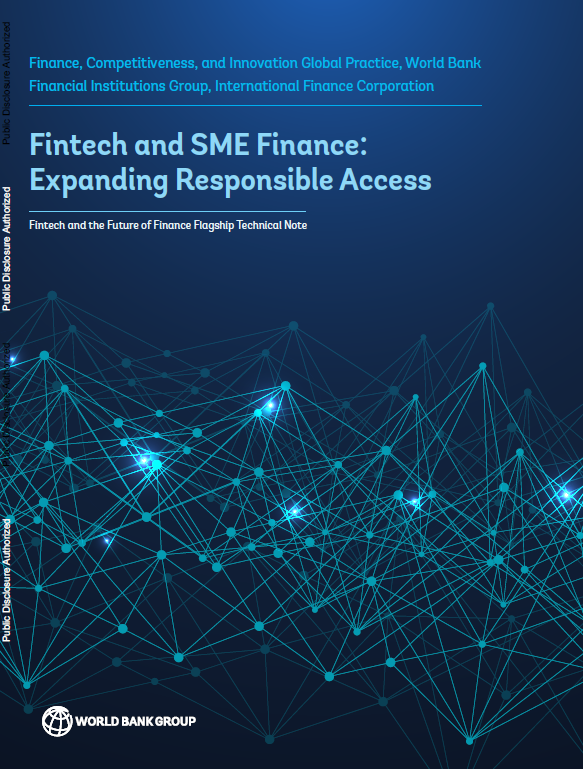
- Details
"SMEs play a major role in economies, however lack of access to finance in many cases is a critical barrier for them. Digital financial services (DFS) can help close the financing gap for SMEs, by providing access to alternative sources of funding and improving access to traditional players by enabling new digital products and process automation. However, there are obstacles and challenges that make it difficult for SMEs to fully adopt digital financial products. Policy and regulatory approaches can facilitate access to finance for SMEs through DFS."
Read more … Fintech and SME Finance: Expanding Responsible Access
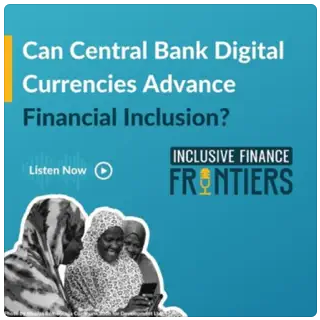
- Details
"Central banks have been eying the emergence of privately issued digital currencies with a mix of excitement and anxiety, and some began experimenting with central bank digital currencies (CBDCs). Some advocates say CBDCs will help central banks advance financial inclusion. But are CBDCs really a game-changer for financial inclusion? What are the key enablers and constraints to CBDCs advancing financial inclusion and how should they be designed?"
Read more … Will Central Bank Digital Currencies be a Game-Changer for Financial Inclusion?
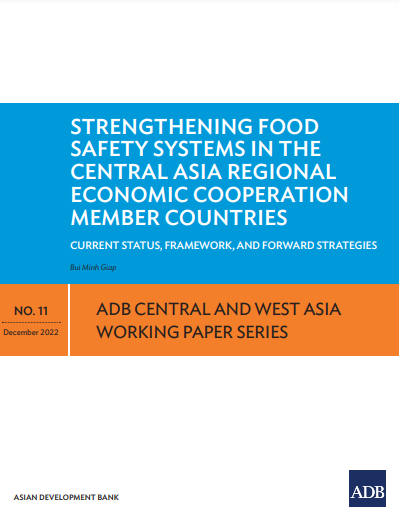
- Details
"By capitalizing on mutual strengths among its member countries, the Central Asia Regional Economic Cooperation (CAREC) Program envisions the region as a center for global trade and commerce. Support for food safety measures helps CAREC countries integrate, adapt, and prosper in global agricultural value chains."
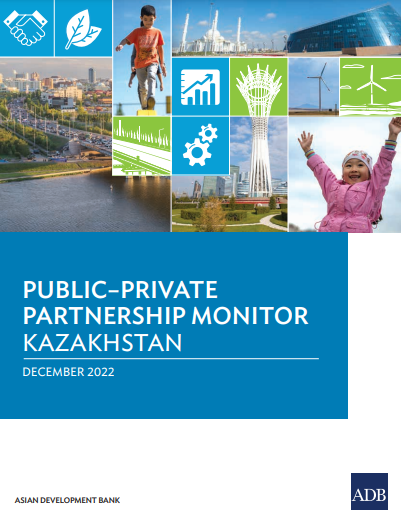
- Details
"Consolidating data from leading financial and legal experts, this detailed review includes more than 500 qualitative and quantitative indicators profiling Kazakhstan's national PPP landscape, covers eight infrastructure sectors, and includes local government projects. As the COVID-19 pandemic has driven social infrastructure to the forefront of policy and planning, this edition also focuses on healthcare, education, and affordable housing."
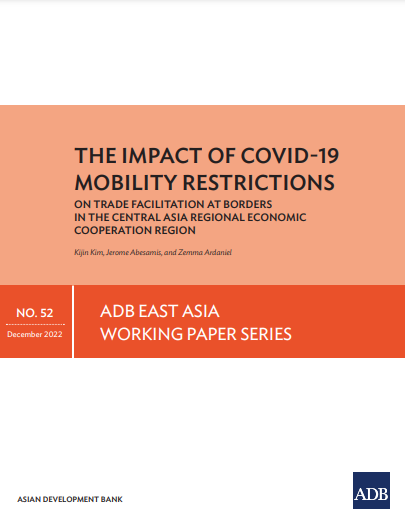
- Details
"The findings suggest that cargo processing time could increase by up to 70% when the most stringent level of mobility restrictions was imposed. The results also suggest that outbound border-crossing points were more affected by measures than inbound points, but were more resilient in that impact was short-lived."
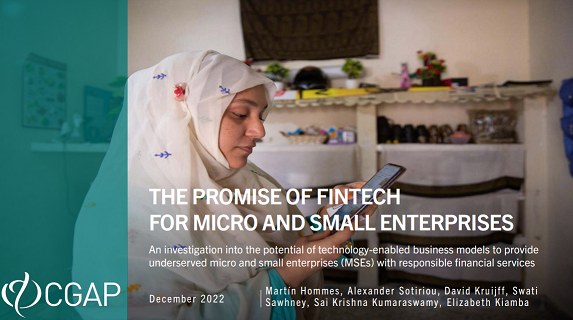
- Details
Nearly 500 million micro and small enterprises (MSEs) are estimated to be operating around the world. Access to credit and other financial services is critical to the growth and sustainability of these businesses, yet there are still difficulties with their financing. New technologies are transforming the financial sector, and some could be the keys to enabling business models that can overcome traditional barriers to MSE finance. This reading deck highlights technological trends and fintech business models with high potential to reach underserved MSEs with improved and responsible financial services.
Read more … The Promise of Fintech for Micro and Small Enterprises
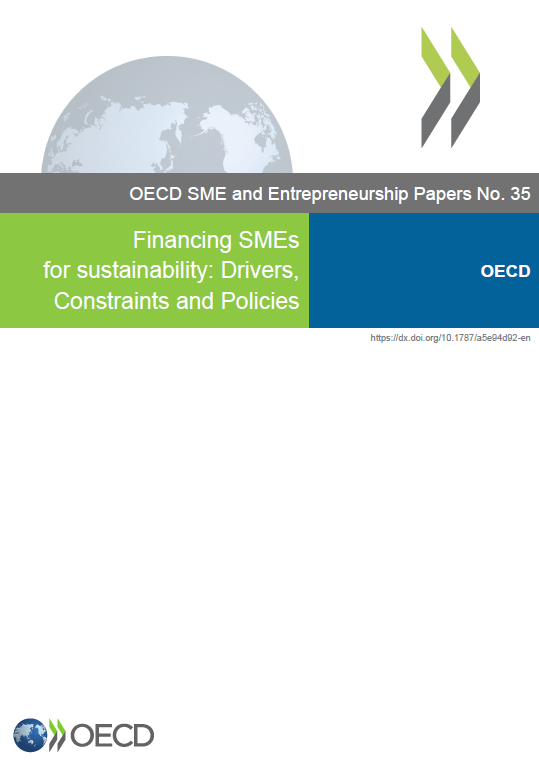
- Details
"Addressing the climate crisis requires the net zero transition of millions of SMEs globally. Access to finance is essential for SME investments in net zero, but small businesses face considerable challenges in tapping into the growing pool of sustainable finance. This challenge is likely to grow as financial institutions seek to comply with mandatory environmental reporting requirements. This policy paper examines the sustainable finance landscape for SMEs, the various actors in the ecosystem and the key drivers and barriers affecting the supply of and demand for sustainable finance."
Read more … Financing SMEs for Sustainability: Drivers, Constraints and Policies
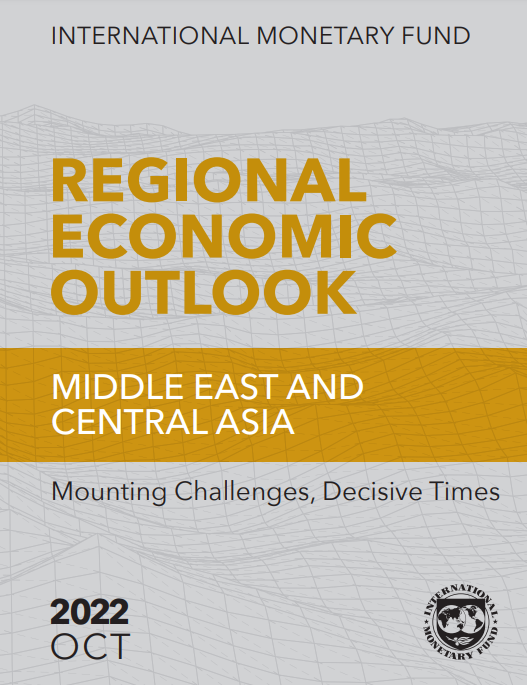
- Details
"In a worsening global environment, economies in the Middle East and Central Asia (ME&CA) are being buffeted by a confluence of shocks: a global slowdown, high and volatile food and energy prices, faster and stronger-than-expected tightening of financial conditions, and the risk of fragmentation. The adverse impact of Russia’s war in Ukraine on the Caucasus and Central Asia (CCA) has thus far been milder than expected. Still, the CCA’s strong ties to Russia entail substantial risks to the region’s outlook."
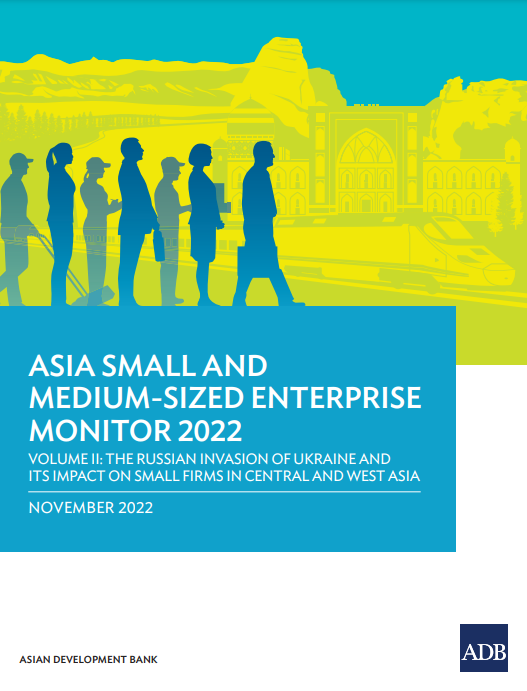
- Details
"It draws on the results of business surveys in Armenia, Azerbaijan, Georgia, Kazakhstan, the Kyrgyz Republic, Tajikistan, and Uzbekistan carried out six months after the start of the invasion. It assesses the invasion’s macroeconomic impact, outlines its effect on global supply chains, and explores MSME responses. Highlighting how countries are converting risks into opportunities, it notes that strengthening domestic commodity markets and increasing digitalization and available capital could help make MSMEs more resilient."
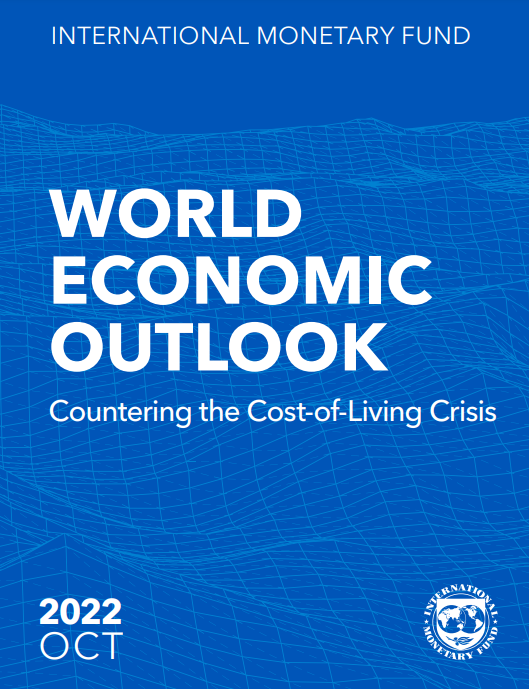
- Details
"The global economy is experiencing a number of turbulent challenges. Inflation higher than seen in several decades, tightening financial conditions in most regions, Russia’s invasion of Ukraine, and the lingering COVID-19 pandemic all weigh heavily on the outlook. The global economy’s future health rests critically on the successful calibration of monetary policy, the course of the war in Ukraine, and the possibility of further pandemic-related supply-side disruptions, for example, in China."
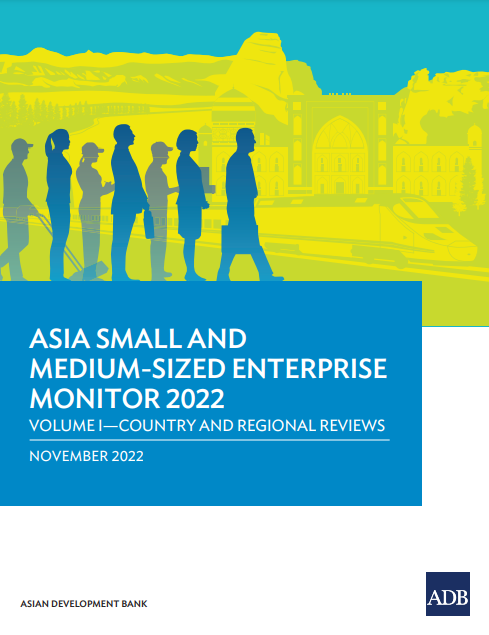
- Details
"The development of MSMEs remains key to promoting inclusive growth in developing economies in Asia and the Pacific. The Asia Small and Medium-Sized Enterprise Monitor (ASM) serves as a resource for evidence-based policy design on MSME development. The ASM 2022 focuses on Central and West Asia. This volume reviews the financial and nonfinancial conditions of MSMEs at country and regional level. It highlights the need for increased lending to MSMEs with better loan assets, enhanced job creation, expanded foreign trade of MSMEs, strengthened digital infrastructure, and greater MSME productivity."
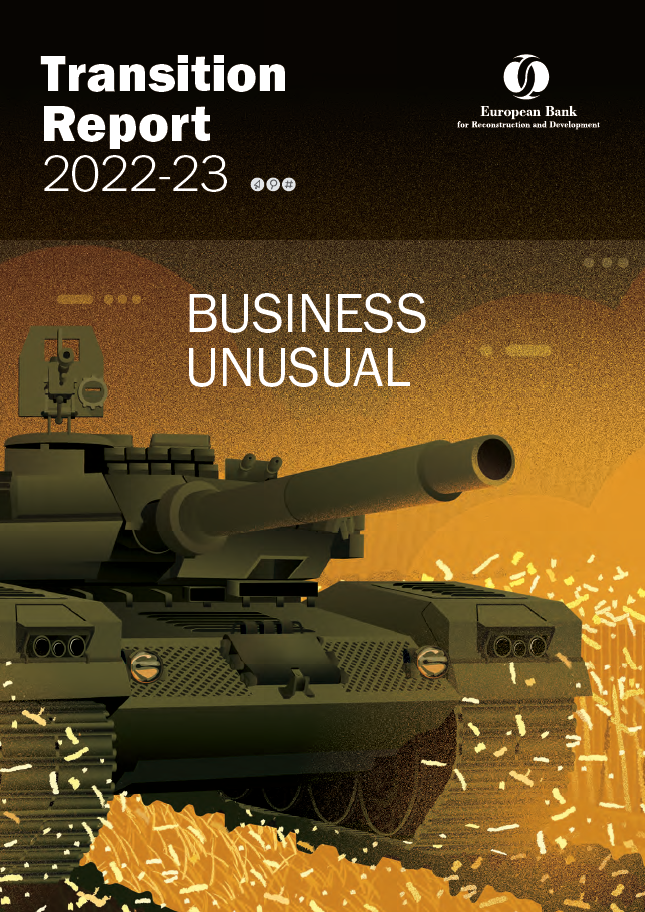
- Details
"Many firms have recently experienced major disruption to their supply chains. Across the EBRD regions, firms have adjusted to this disruption, primarily by increasing stocks of inputs and sourcing goods from larger numbers of suppliers (predominantly from abroad). The climate crisis is likely to bring more disruption in the future."
Read more … EBRD Transition report – 2022-23: Business Unusual


